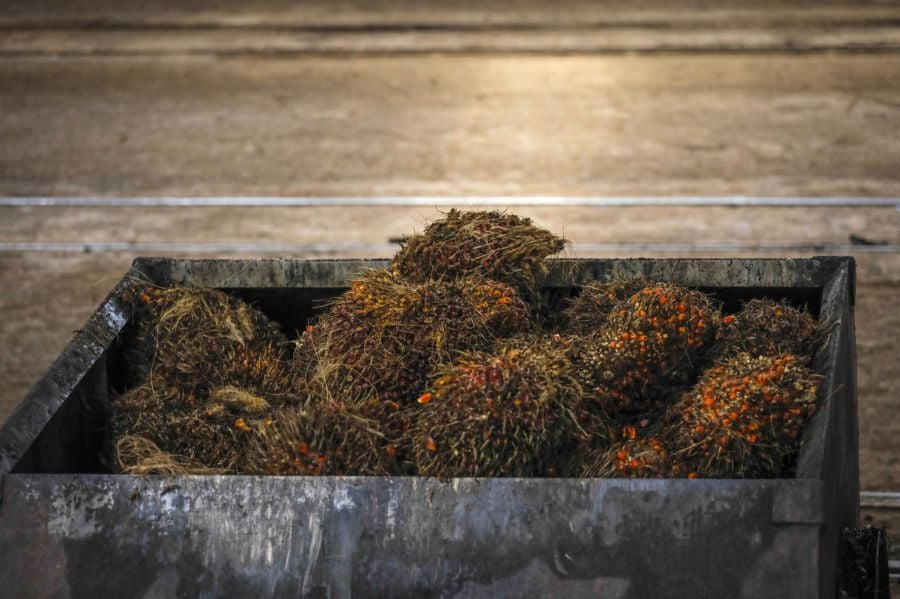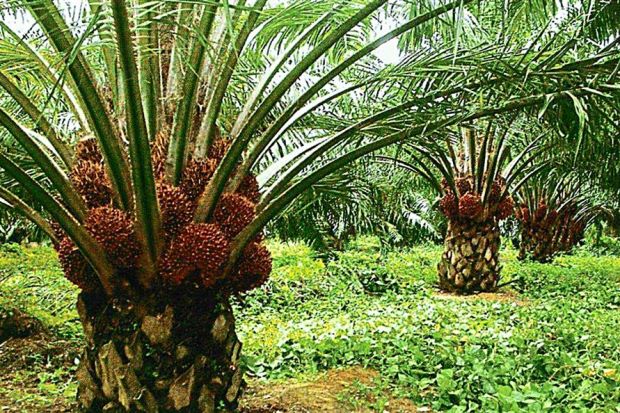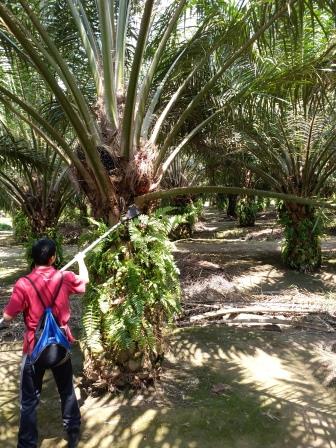The wonders of palm oil
By Ahmad Parveez Ghulam Kadir – August 19, 2020 @ 12:08am

PALM oil is widely used in food products due to its superior health benefits and versatility — from cooking oil to margarine, bakery fats, chocolates, confectioneries, ice cream, dairy substitutes and food supplements.
To ensure a healthy lifestyle, one must adopt a balanced diet to keep our body active and healthy.
Fat intakes at the right quantity and quality are essential for our daily dietary consumption as they provide energy, essential fatty acids and fat-soluble vitamins, as well as impart the desired taste to our food.
Oil palm is not a genetically modified organism. Palm oil, which is extracted from the mesocarp of the oil palm fruit, is a balanced vegetable oil, free from cholesterol and trans-fatty acids.
It is one of the richest sources of phytonutrients, such as pro-Vitamin A carotenoids and Vitamin E.
Carotenoids are important in addressing Vitamin A deficiency issues, as well as improve eye health, the immune system and boosting mental functions, particularly in children.
Red palm oil is an excellent source of carotenoids and other phytonutrients.
Refined palm oil contains up to 500 parts per million (ppm) of Vitamin E — namely tocotrienols (70 per cent) and tocopherols (30 per cent). Both antioxidants can neutralise free radicals, which are unstable molecules that are linked to many health issues, including cancer.
Free radicals can also cause chronic inflammation and premature skin ageing.
The Malaysian Palm Oil Board (MPOB)’s research and collaborations with local and overseas institutions have scientifically proven that palm-derived Vitamin E tocotrienols are important for human health as they can prevent many non-communicable diseases.
Through the continuous and dedicated research conducted by MPOB, the health benefits of palm oil and its phyto-nutrients are being explored extensively.
It was revealed that palm-derived Vitamin E tocotrienols could curb stroke.
Following the outcome, several studies have gone underway to evaluate palm-derived Vitamin E supplements’ impact on renal, liver and heart health.
Exploring the potentials of tocotrienols in protecting the brain against neurodegenerative diseases, such as dementia and Alzheimer’s, which are linked to free radical damage, has become an interest among researchers.
Tocotrienols can reduce inflammation and free radical damage that can weaken the heart.
Additionally, a study has found that it can also reduce cardiovascular health risk, including the impact of high cholesterol on the heart.
Palm-derived tocotrienols possess anti-cancer properties as they have been observed fighting free radicals and slowing the growth of breast, prostate and pancreas cancer cells.
Most cosmetic and skincare product manufacturers have been using palm-derived tocotrienols in their formulations for cosmetic applications.
With powerful antioxidant properties, tocotrienols may help reverse skin damage due to free radicals, prevent wrinkles and help the skin appear youthful.
Tocotrienols may also protect the skin against the sun’s ultraviolet (UV) rays.
At the forefront of research
on palm oil and its phytonutrients, MPOB continues its research to produce scientific evidence on the health benefits of palm oil.
The writer is the director-general of Malaysian Palm Oil Board

